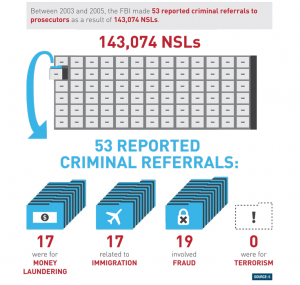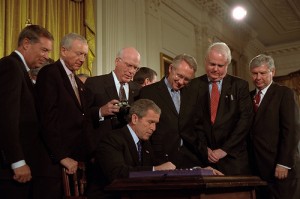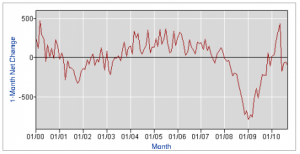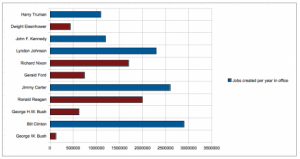Intelligence Aide Flynn re McChrystal: “Everyone Has a Dark Side”
[youtube]http://www.youtube.com/watch?v=WX0MPcN08Zc[/youtube]
As Marcy pointed out yesterday, Rolling Stone has published an excerpt from Michael Hastings’ new book The Operators. As she predicted, I am unable to refrain from commenting on it. The polarizing figure of Stanley McChrystal has always intrigued me. The way that McChrystal’s “Pope” persona was embraced by a large portion of the press never made sense to me, given how deeply McChrystal was involved as the primary agent behind the “success” of David Petraeus’ brutal night raids and massive detention program in Iraq. For those paying attention, it was known as early as 2006 that McChrystal’s JSOC was at the heart of the abuses at Camp Nama and even that he was responsible for preventing the ICRC from visiting the camp.
In preparing for the short passage from Hastings that I want to highlight, it is important to keep in mind that McChrystal’s mode of operation when heading JSOC was to bypass both the normal chain of command and Congressional oversight by working directly for Dick Cheney and Donald Rumsfeld. From Jeremy Scahill:
While JSOC has long played a central role in US counterterrorism and covert operations, military and civilian officials who worked at the Defense and State Departments during the Bush administration described in interviews with The Nation an extremely cozy relationship that developed between the executive branch (primarily through Vice President Dick Cheney and Defense Secretary Donald Rumsfeld) and JSOC. During the Bush era, Special Forces turned into a virtual stand-alone operation that acted outside the military chain of command and in direct coordination with the White House. Throughout the Bush years, it was largely General McChrystal who ran JSOC.
Next, we need to consider the figure of Michael Flynn, whom Hastings quotes. Flynn served under McChrystal in a number of positions related to intelligence gathering. From his biography:
Major General Michael T. Flynn assumed duties as the Chief, CJ2, International Security Assistance Force, with the additional appointment as the CJ2, US Forces – Afghanistan on 15 June 2009. Prior to serving in this capacity, he served as the Director of Intelligence, Joint Staff from 11 July 2008 to 14 June 2009. He also served as the Director of Intelligence, United States Central Command from June 2007 to July 2008 and the Director of Intelligence for Joint Special Operations Command from July 2004 to June 2007, with service in Operations ENDURING FREEDOM (OEF) and IRAQI FREEDOM (OIF). Major General Flynn commanded the 111th Military Intelligence Brigade from June 2002 to June 2004. Major General Flynn served as the Assistant Chief of Staff, G2, XVIII Airborne Corps at Fort Bragg, North Carolina from June 2001 and the Director of Intelligence, Joint Task Force 180 in Afghanistan until July, 2002.
Both the New York Times and Esquire articles linked above on torture at Camp Nama discuss events primarily from early 2004. From Flynn’s biography, that coincides with his duty as heading the 111th Military Intelligence Brigade and being promoted to Director of Intelligence for all of JSOC. Given those roles, it seems impossible that Flynn could have been unaware of what took place at Camp Nama, as he would have been assessing the information gleaned from interrogations there at the very least. It’s likely he spent a lot of time there. From the Esquire article: Read more →




